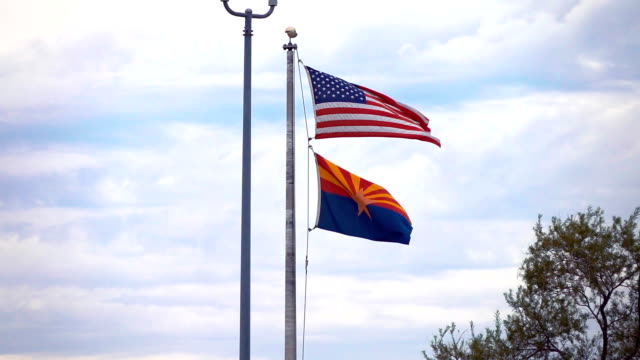The costly effects of organized retail theft were the subject of a state House Commerce Committee hearing last week.
Arizona Retailers Association Executive Director Michell Ahlmer testified that the value of theft in Arizona is approximately $1.1 billion.
“Last year, we had estimated it was somewhere between $600-900 million, and this far exceeds that,” Ahlmer said. “The total impact of the product theft, including jobs and wages, pushes Arizona to $2.4 billion.”
The National Retail Federation (NRF) Organized Retail Crime study from 2020 found that organized retail crime costs retailers an average of $719,548 per $1 billion in sales.
According to Kristin Reif, director of external affairs for Philip Morris International, Arizona is particularly susceptible to illicit trade, counterfeiting and organized retail crime due to the state’s proximity to the border.
In Arizona, 37% of all tobacco sales are illicit, which is nearly double the national average, costing Arizona taxpayers $174M a year.
“The tremendous growth in E-commerce has brought new markets for illicit sales. In the last two years, we’ve seen unprecedented online fraud and piracy, including everything from PPE to the COVID vaccines,” Reif said. “Since the beginning of the pandemic, there has been a roughly 40% increase in online counterfeited goods. It is clear that counterfeiting, organized retail crime, and illicit trade is a real and growing threat to Arizona businesses, Arizona taxpayers, and Arizona families.”
Ahlmer said retail theft has an impact on the retail industry’s workforce, as well.
“This is an increasingly violent crime,” Ahlmer said. “No one wants to work where they feel threatened. The jobs lost is an issue that is of high concern”
At a time when the labor market is already hurting, employers are looking for ways to deter these crimes from happening in order to increase employee retention.
In Arizona, the Arizona Organized Retail Crime Association (AZORCA) has been taking steps to curb the economic impact of retail crime. This statewide partnership includes law enforcement and retail investigators that “share cross-jurisdictional information to identify, disrupt, and apprehend Organized Retail Crime crews.”
AZORCA gives its members the opportunity to report and map incidents on a global scale in order to provide information to both peer businesses and law enforcement. Members have also created smaller groups that meet to increase local communications as well.
The 2020 NRF report found that 50% of the retailers surveyed are allocating additional technology resources and another 50% plan on allocating money to specific loss prevention equipment.
Tony Shepherd, director of loss prevention solutions at ThinkLP, told the NRF “due to the increasingly aggressive nature of criminals, retailers have scaled back intervention at the store level.”
Retailers are instead opting to use designated ORC teams on the backend to target “fencers” and “boosters.” Boosters are groups of professional shoplifters who steal merchandise that is then sold, or fenced, to individuals via websites and stores.
The testimony concluded with a call to action for state and local governments to rethink current shoplifting laws to create a system that better allows for prosecution of these crimes.
















Add comment